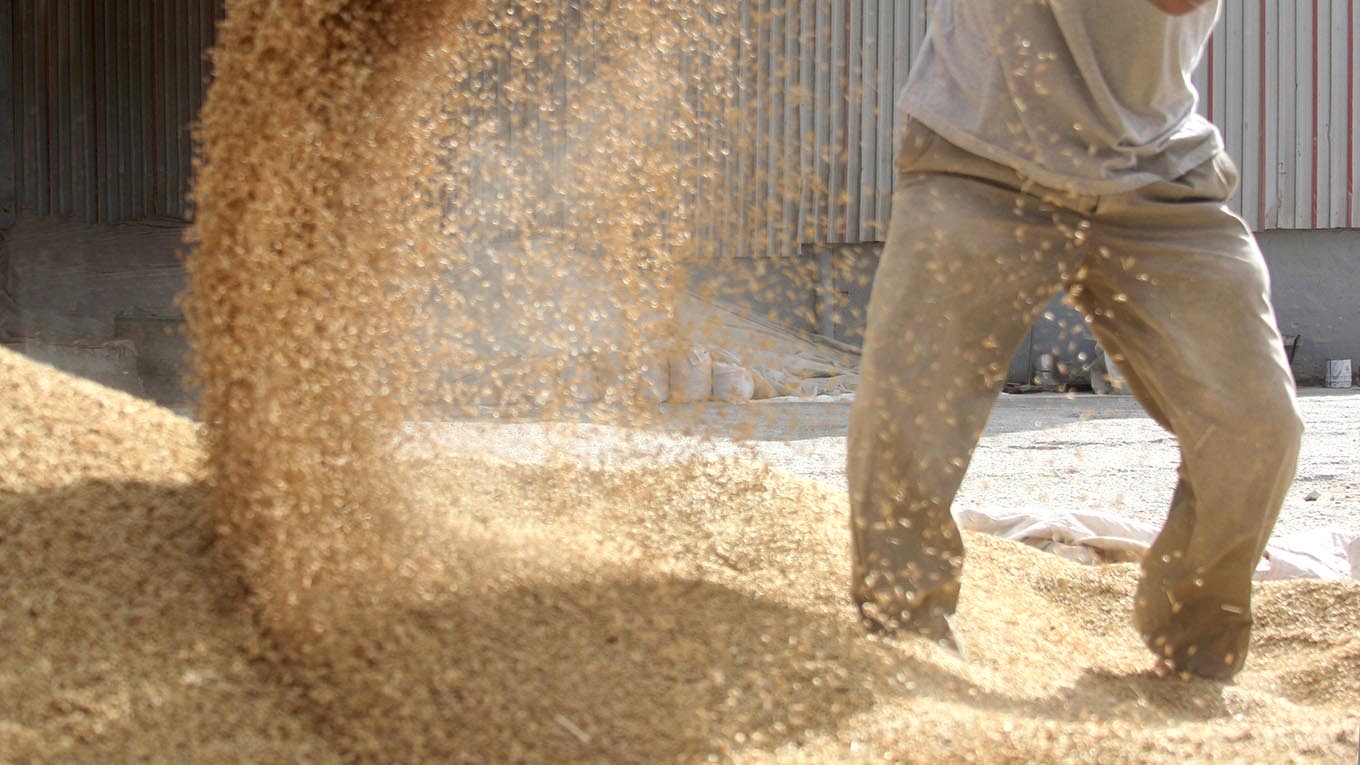 (Photo by Getty Images/iStockphoto)
(Photo by Getty Images/iStockphoto)UC Berkeley team advances food systems in new $20M research center
A new research center funded by the National Science Foundation (NSF) in partnership with the U.S. Department of Agriculture (USDA) and the National Institute of Food and Agriculture (NIFA) will aim to improve U.S. food systems to address such issues as pandemic-driven food system security and safety; improving crop yield, quality and nutrition; decreasing energy and water resource consumption; and increasing production and eliminating food waste.
The NSF today announced the award of $20M over five years to create the USDA-NIFA AI Institute for Next Generation Food Systems (AIFS), one of five AI institutes established to accelerate research and support the U.S. workforce. The center is led by a team at UC Davis in partnership with researchers from UC Berkeley, Cornell University, University of Illinois at Urbana-Champaign, the UC Division of Agricultural and Natural Resources (ANR) and the U.S. Department of Agriculture. Each of these institutions has a proven track record of excellence across such areas as artificial intelligence (AI), simulation, food system sciences and engineering.
“Berkeley has extensive expertise in simulation technologies, which can be applied to create virtual food systems that will leverage the monumental leaps in high-performance computer simulation, AI and machine learning,” said Tarek Zohdi, professor of mechanical engineering and head of the 10-member UC Berkeley team. “This new effort will be centered around the concept of the ‘Digital Twins’ of physical reality — digital replicas of complex food systems that can then be inexpensively and safely manipulated, improved and optimized in a virtual setting.”
The UC Berkeley researchers include members of the Center for Next Generation Food Systems, coming from across campus with collective expertise in high-performance computing, advanced manufacturing, pathogen propagation, contact tracing, decontamination, autonomous systems and technology transfer.
According to the USDA, in 2018 37.2 million people lived in food-insecure households in the United States. The World Health Organization estimates that 600 million — almost 10% of the global population — fall ill and 420,000 die every year after eating contaminated food. And while there is more than enough food produced in the world to feed everyone on the planet, about 690 million people worldwide go to bed hungry each night. The overall mission of the center is to optimize global food production, quality and security in the era of pandemics and beyond. With the fifth-largest economy in the world, California is affected by all of these themes.
